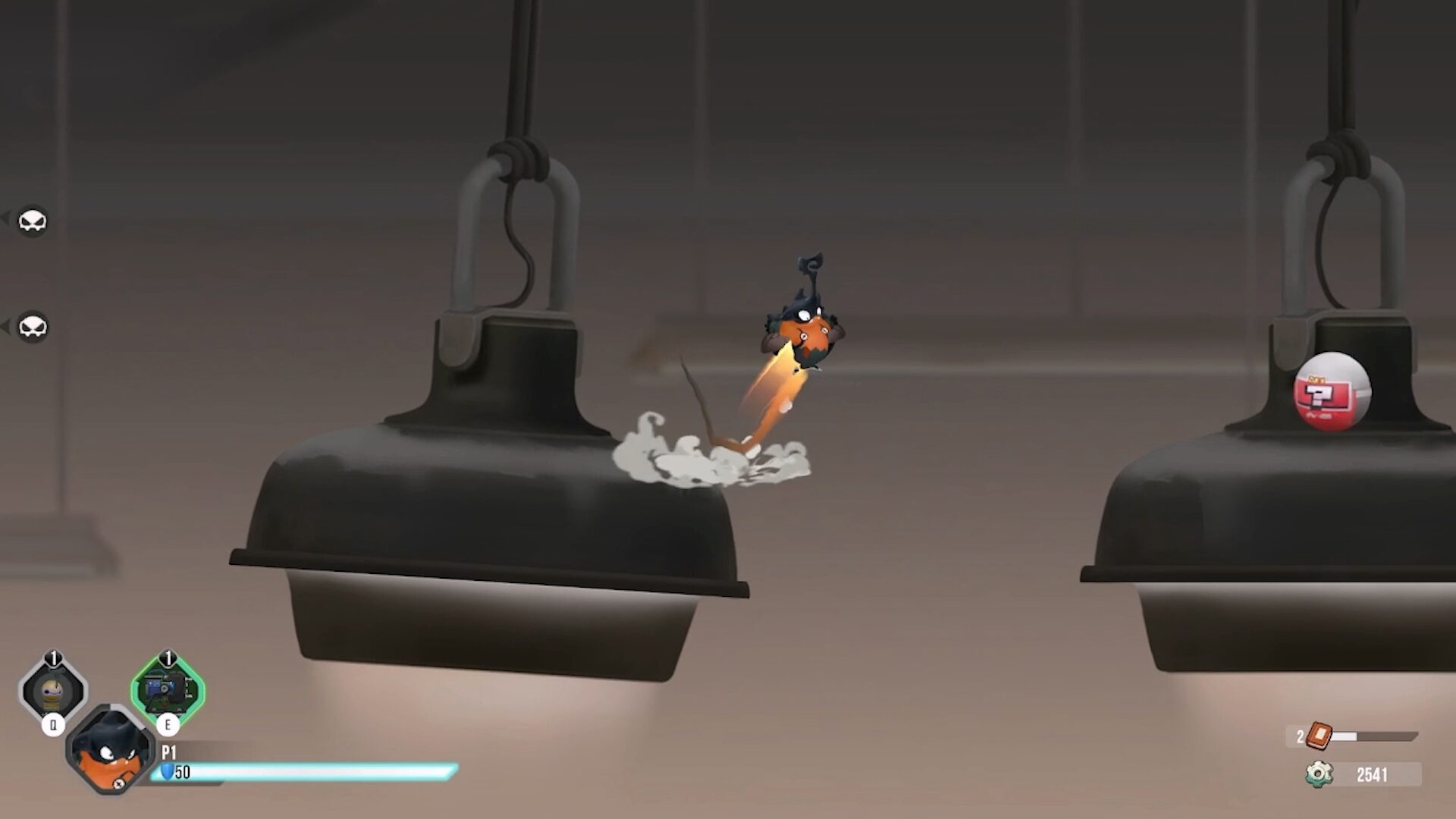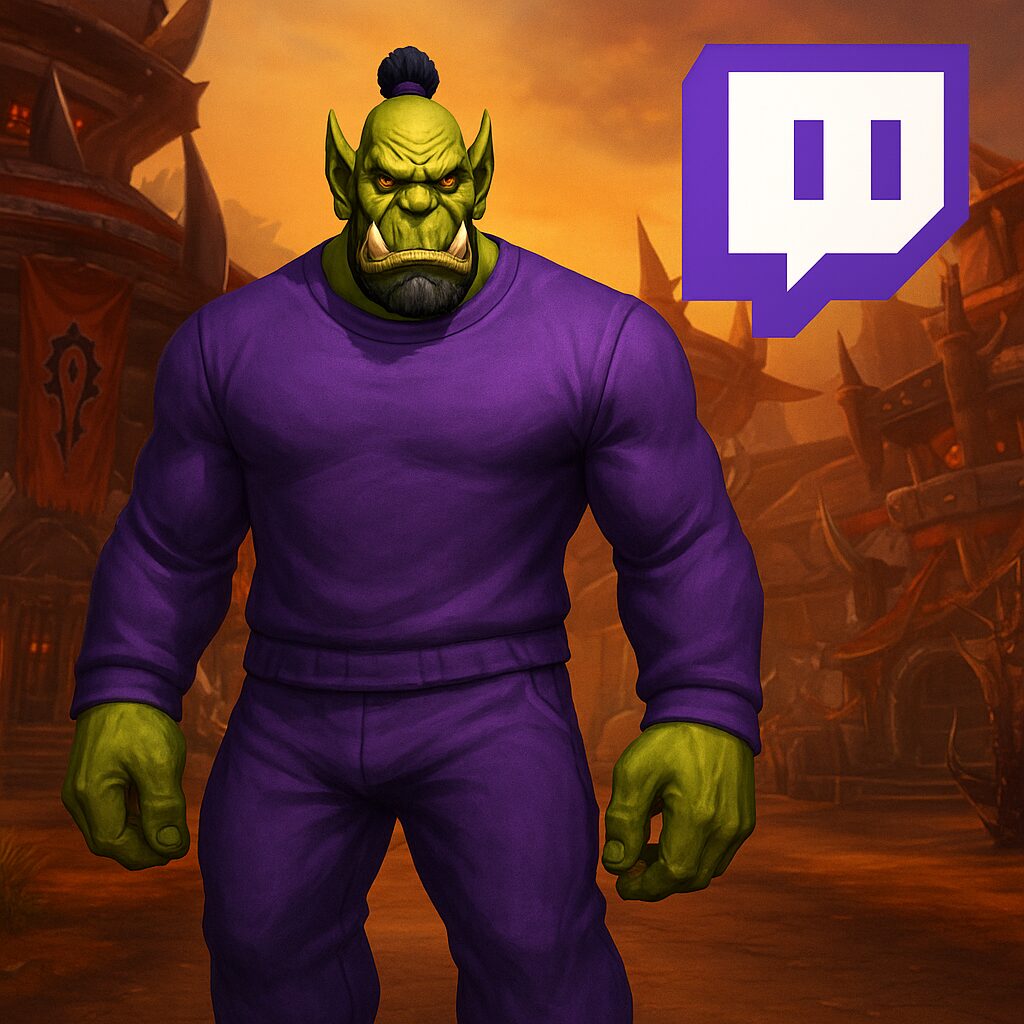Hearthstone, Blizzard Entertainment’s long-standing digital card game, continues to evolve with fresh expansions that breathe new life into its meta and storytelling. One of its most enchanting expansions, Into the Emerald Dream, invites players into the mystical and vibrant realm of the Emerald Dream—an alternate, verdant version of Azeroth untouched by corruption. With a thematic focus on nature magic, powerful dragon allies, and the delicate balance between dream and nightmare, this expansion introduces new cards, mechanics, and lore elements that redefine the Hearthstone experience.
This article delves into the details of Into the Emerald Dream, exploring its core mechanics, major cards, lore significance, and impact on the game’s meta.

The Lore Behind Into the Emerald Dream
The Emerald Dream has been a crucial aspect of Warcraft’s lore, often depicted as Azeroth in its most pristine and untouched form. This realm was created by the titans as a blueprint of the world, an unspoiled paradise that druids tap into for their magic. However, it has also been a battleground against corruption, particularly from the Emerald Nightmare, a dark force that seeks to twist the dream into something monstrous.
In Into the Emerald Dream, Hearthstone takes players deeper into this mystical domain, highlighting its beauty and dangers. The expansion explores the roles of Ysera, the Green Dragonflight, and the druidic guardians of the Dream, while also introducing the sinister forces that threaten to taint this idyllic realm.

Key Mechanics and Features
Dream Cards
A standout feature of the expansion is the introduction of Dream Cards, a unique card type that provides temporary yet powerful effects. These cards function similarly to previous iterations found in Hearthstone, such as Ysera’s Dream Cards, but with new effects that interact with other Emerald Dream-themed abilities.

For example:
- Dreaming Grove (Spell, “Druid)—”Summon a random Dream minion and draw a Dream card.”

- Lucid Awakening (Spell, “Mage)—”Discover a Dream spell. If you’ve played a Dragon this turn, cast it twice.”
Dream cards provide players with versatile tools that add unpredictability and excitement to every match.
Nightmare Corruption
Opposing the serene nature of the Dream, Nightmare Corruption introduces a mechanic where cards gain additional, often destructive effects if influenced by the Nightmare. This creates a high-risk, high-reward strategy for players who choose to embrace the dark side of the Emerald Dream.
Example:
- Twisted Guardian (Minion, 4 Mana, 4/4, Druid/”Warlock“)—”Battlecry: If you played a Dream card this game, gain +2/+2 and Taunt. Otherwise, gain Corruption (costs 1 less each turn).”
These cards encourage diverse deck-building approaches, as players must decide whether to embrace the Dream’s purity or succumb to the Nightmare’s power.
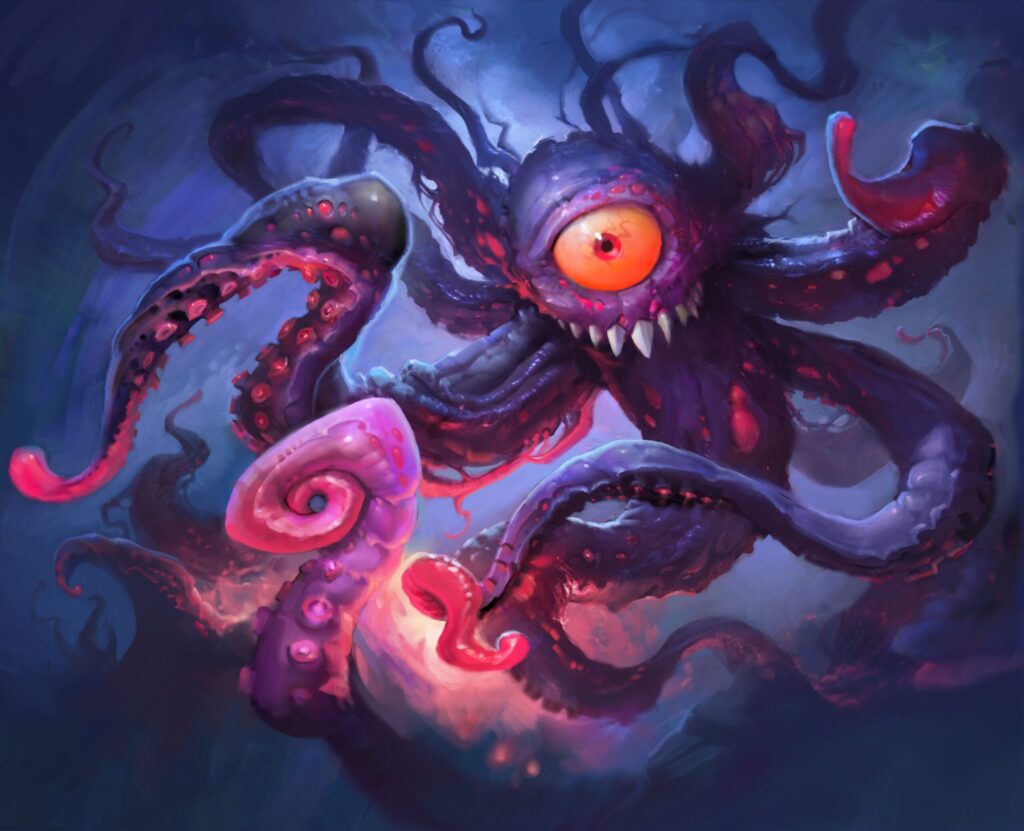
Verdant Awakening—New Keyword
A brand-new keyword, Verdant Awakening, allows cards to trigger bonus effects when played on an empty board or after casting a nature spell. This mechanic ties directly into the expansion’s theme of restoring balance and harnessing nature’s raw power.
Example:
- Emerald Stag (Minion, 5 Mana, 5/5, Beast, “Hunter)—”Battlecry: If your board was empty before playing this, summon a 3/3 Dream Spirit with Rush.”
This keyword rewards tactical play and encourages players to think carefully about their board state before making a move.
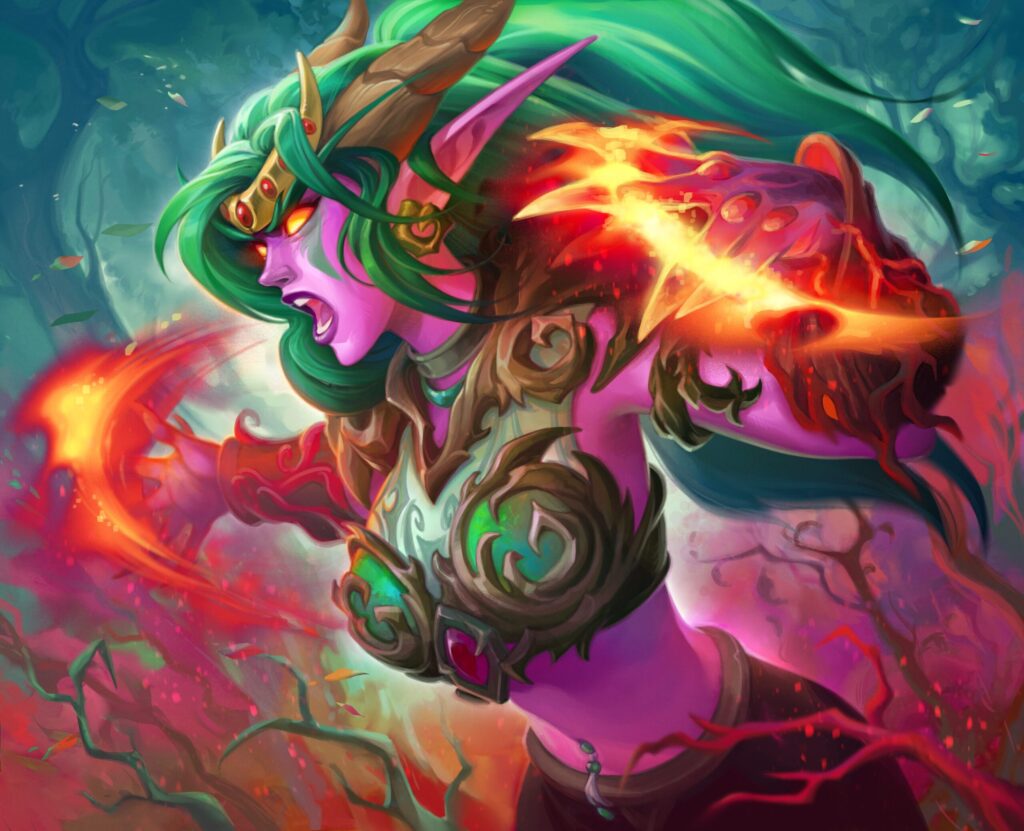
Major Cards and Notable Legendaries
Every Hearthstone expansion brings a roster of powerful legendary cards, and Into the Emerald Dream is no exception. Some of the most impactful additions include
Ysera, Guardian of Dreams (10 Mana, 4/12, Dragon, Neutral)
- “Battlecry: Add five Dream cards to your hand. If your deck has no duplicates, summon a 5/5 Dragon for each Dream card played this game.”
- Ysera returns as a dominant late-game finisher, making her an excellent choice for control decks that seek to outvalue opponents over time.
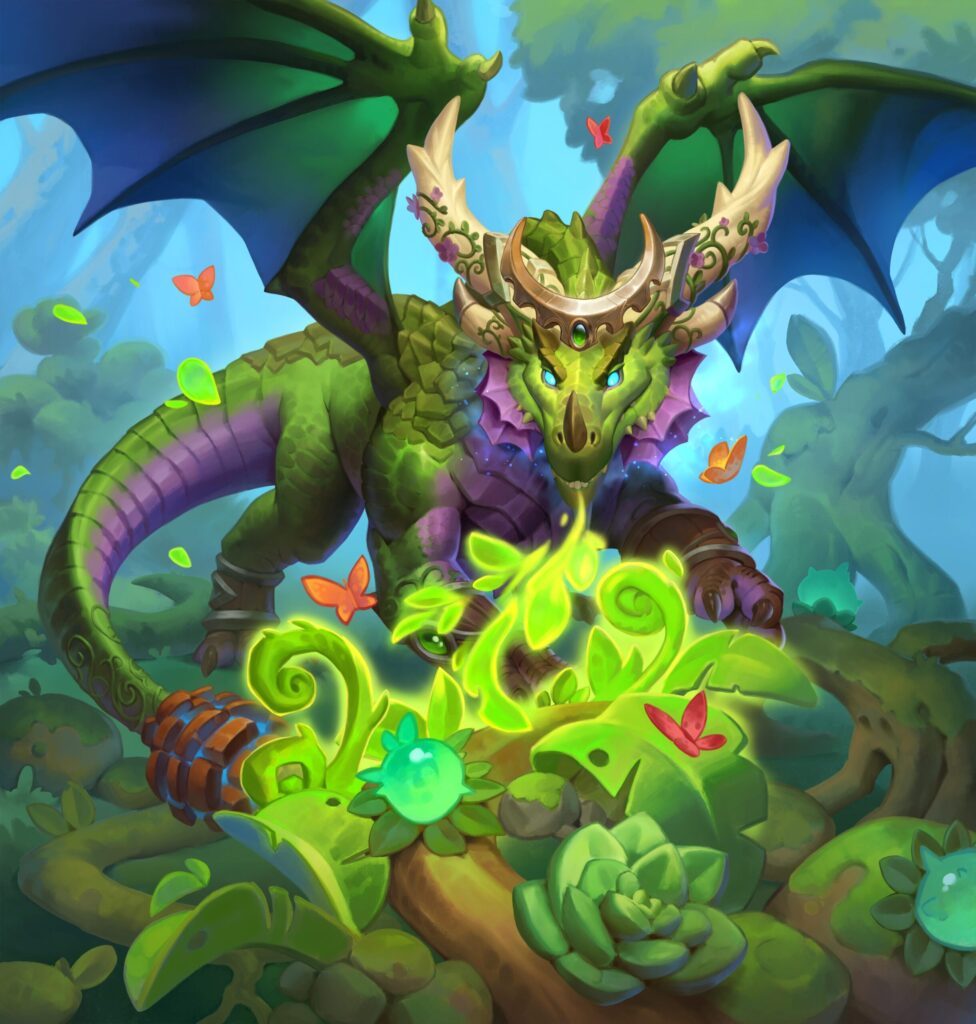
Xavius, Nightmare Harbinger (8 Mana, 6/6, Demon, Warlock/Druid)
- “Battlecry: Corrupt all cards in your hand. They cost (1) less.”
- A terrifying force that synergizes with Nightmare Corruption strategies, Xavius enables aggressive tempo swings and synergy-driven combos.
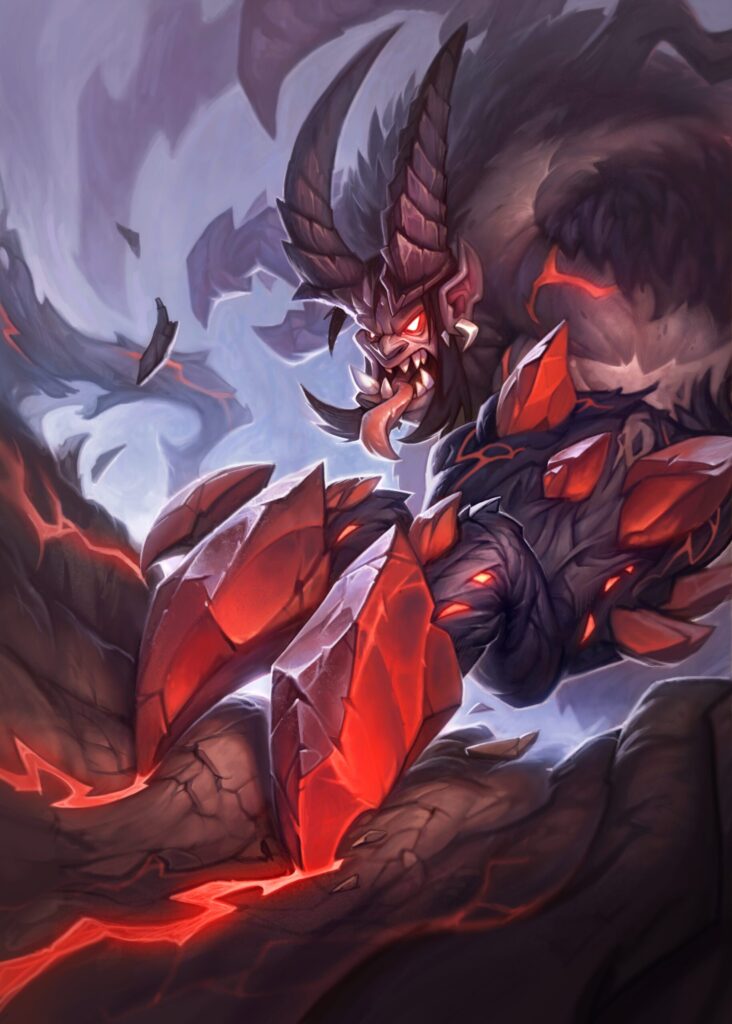
Cenarius, Dreamkeeper (7 Mana, 5/7, Druid)
- “Choose one: summon two 3/3 Treants with Taunt or give all friendly minions +2/+2 and ‘Can’t be targeted by spells or Hero Powers.’”
- This versatile legendary enhances druid decks, giving players options for defense or aggression based on their current game state.
Emerald Warden (4 Mana, 3/5, Priest)
- “Battlecry: If you’ve cast a Holy spell this game, gain ‘At the end of your turn, restore 3 Health to all friendly characters.’”
- A strong mid-game stabilizer for Priest, this card complements healing-based archetypes.
Expansion Impact on the Meta
The release of Into the Emerald Dream significantly alters Hearthstone’s competitive landscape by introducing powerful new archetypes and revitalizing existing ones. Here’s how different classes are affected:
Druid—Dreamweaver Druid
Druids thrive in this expansion, with Dream cards and nature spell synergy pushing them toward powerful midrange and control decks. The Verdant Awakening keyword enhances their ability to maintain board presence while leveraging healing and minion buffs.
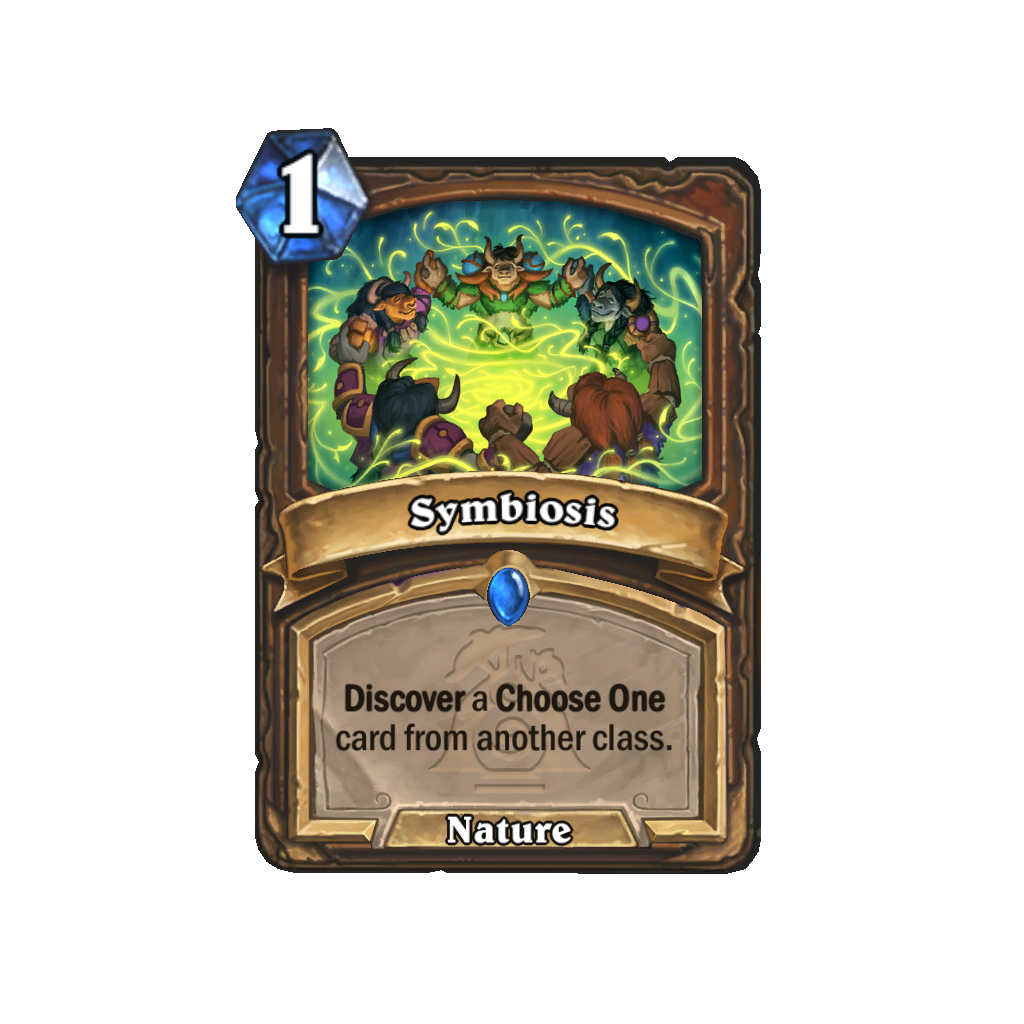
Warlock—Corrupting Nightmare
Warlock players will find Xavius and Nightmare Corruption mechanics to be game-changing. The ability to corrupt cards and create aggressive tempo swings makes this archetype deadly in the right hands.
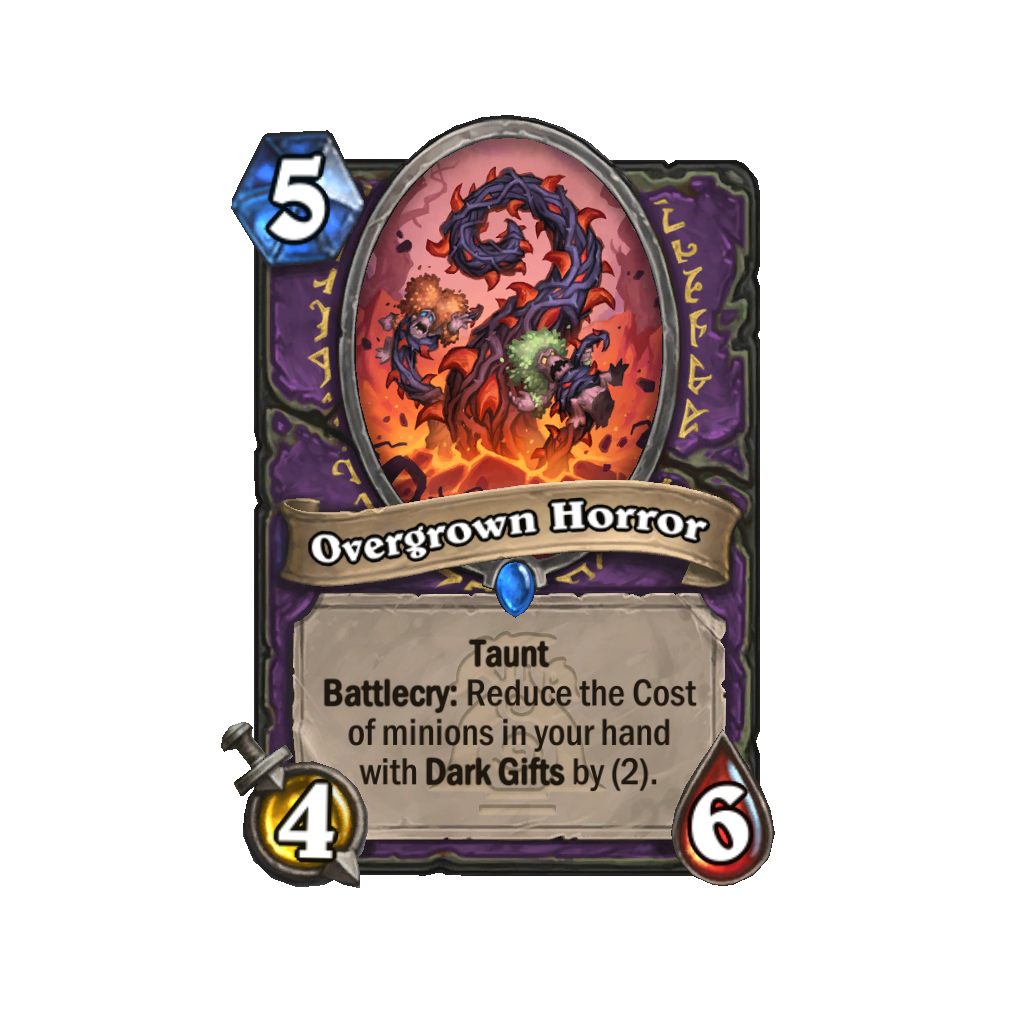
Mage—Arcane Dream Manipulation
Mages benefit from spell-focused synergies, particularly with Lucid Awakening and Dream spell generation. This enables new combo-oriented decks that rely on unpredictable spell interactions.
Hunter—Beast Awakening
Hunters gain a strong midrange presence with Emerald Stag and similar minions that reward an empty board. This playstyle fits well with aggressive decks that aim for constant pressure.
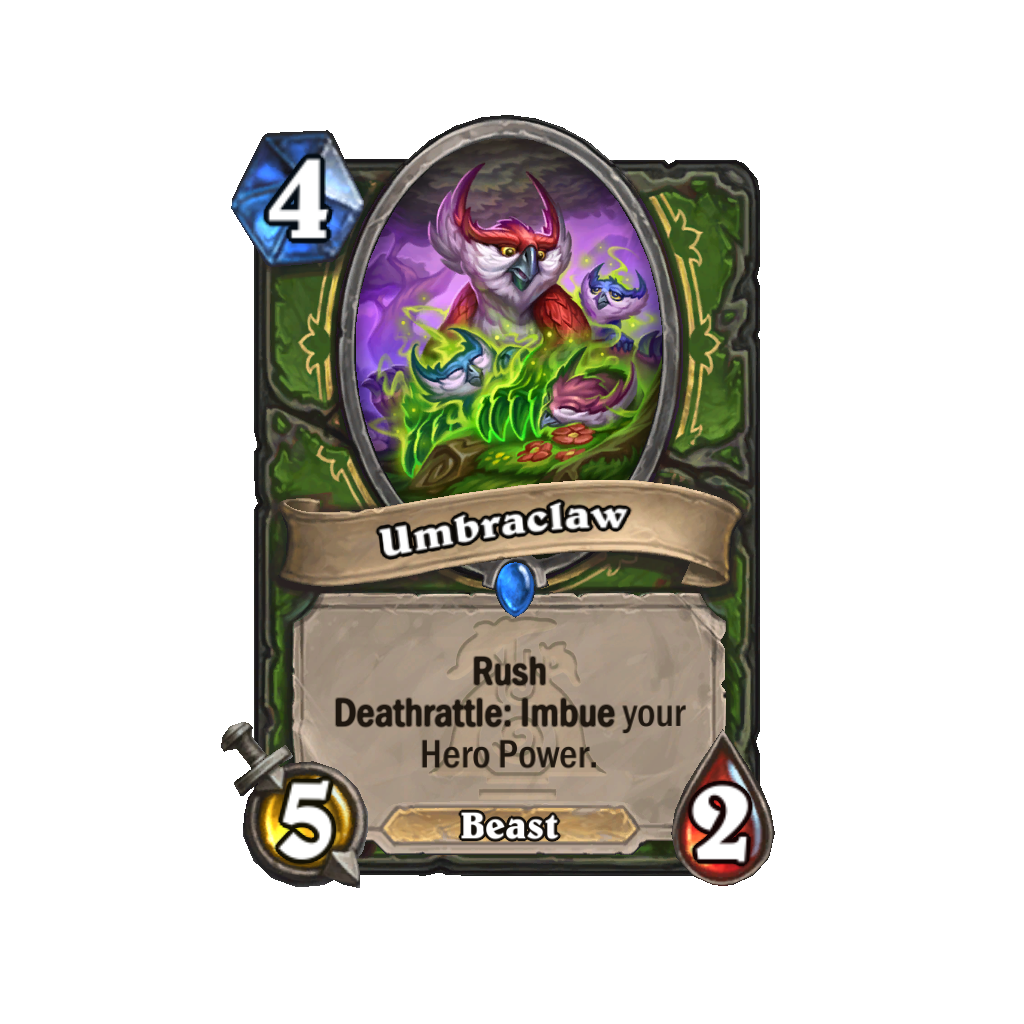
Priest—Dream-Healing Control
Priests see an expansion of healing-based control decks, utilizing cards like Emerald Warden to sustain long matches and wear down opponents through attrition.
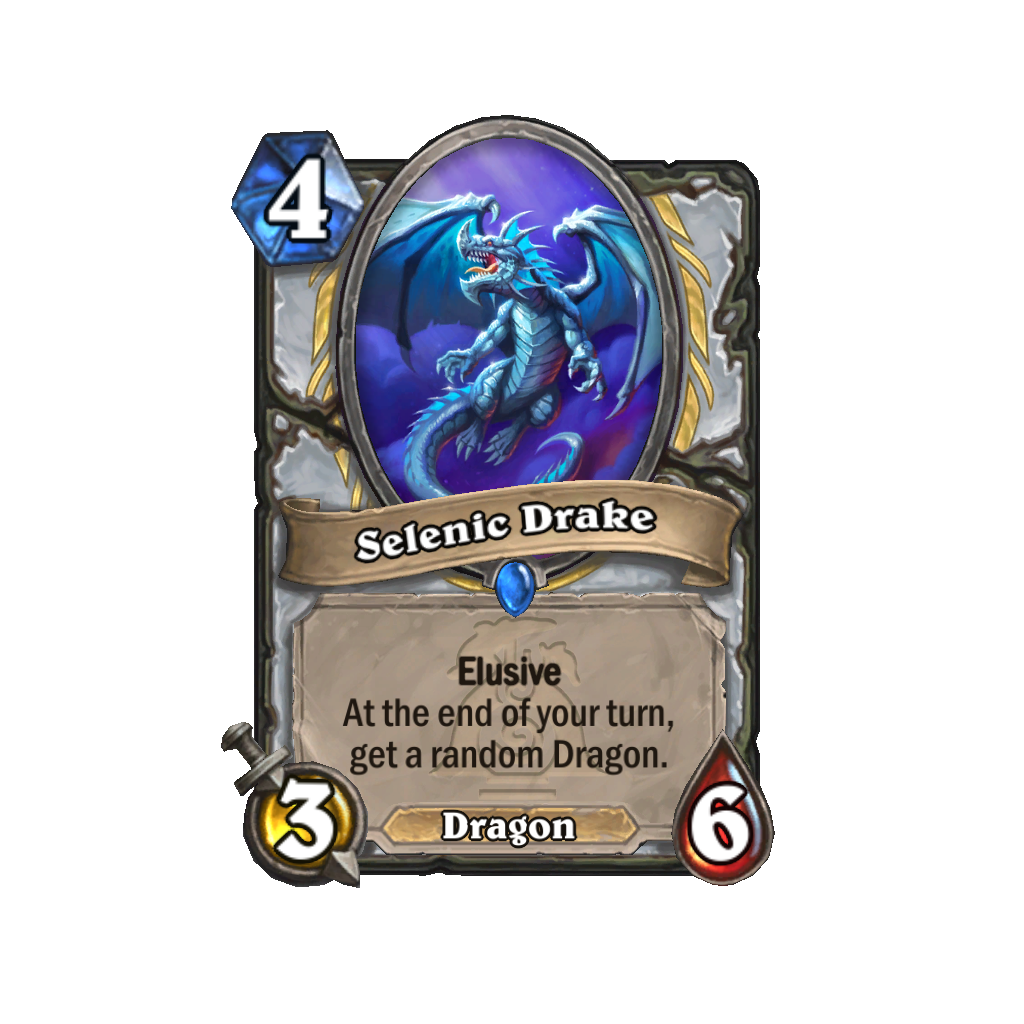
Into the Emerald Dream is one of Hearthstone’s most immersive expansions, bringing a perfect balance of fantasy, strategy, and deep lore integration. By exploring the untainted world of the Emerald Dream while also grappling with the lurking corruption of the Nightmare, the expansion introduces compelling mechanics that shake up the meta.
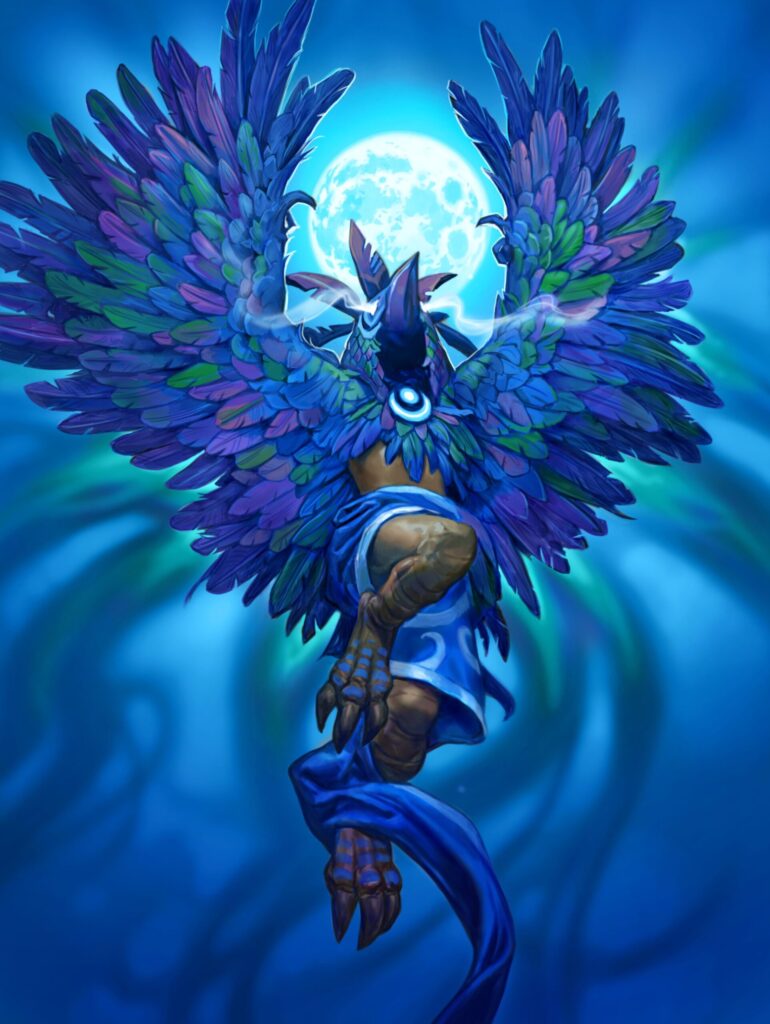
Whether you’re a fan of controlling nature’s power, summoning dragons, or delving into dark corruption, this expansion offers something for every type of Hearthstone player. With its innovative Dream Cards, Corruption mechanics, and fresh deck archetypes, Into the Emerald Dream is set to be a defining moment in Hearthstone’s ongoing evolution.


